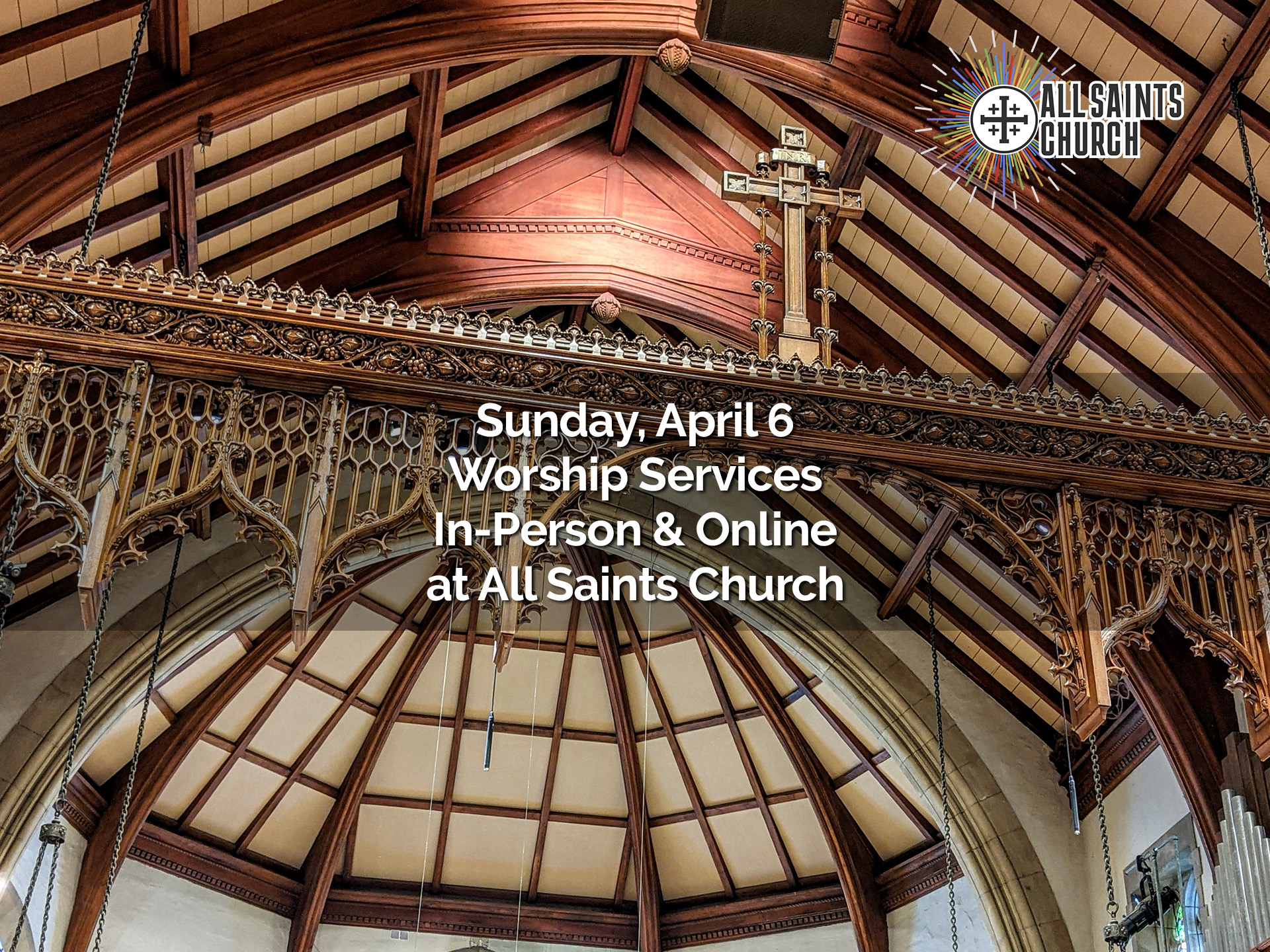The Gospel isn’t meant to be gulped down on Sunday morning, but gnawed on through the week so it really becomes a part of us. You’ve got to work at it, like a dog with a good bone! Here’s the Gospel for this coming Sunday — the Fourth Sunday after the Epiphany — with food for thought about using the Beatitudes to see ourselves. Gnaw away!
Fourth Sunday after the Epiphany: Matthew 5:1-12
When Jesus saw the crowds, he went up the mountain; and after he sat down, his disciples came to him. Then he began to speak, and taught them, saying:
“Blessed are the poor in spirit, for theirs is the kingdom of heaven.
Blessed are those who mourn, for they will be comforted.
Blessed are the meek, for they will inherit the earth.
Blessed are those who hunger and thirst for righteousness, for they will be filled.
Blessed are the merciful, for they will receive mercy.
Blessed are the pure in heart, for they will see God.
Blessed are the peacemakers, for they will be called children of God.
Blessed are those who are persecuted for righteousness’ sake, for theirs is the kingdom of heaven.
Blessed are you when people revile you and persecute you and utter all kinds of evil against you falsely on my account. Rejoice and be glad, for your reward is great in heaven, for in the same way they persecuted the prophets who were before you.”
The Backstory – What’s Going On Here?
This begins the first big section of Jesus’ teaching in Matthew, the Sermon on the Mount (Matthew 5-7). It begins with an important distinction between the disciples and the crowd (“the crowd” is a key player in Matthew — through to their hailing him as he enters Jerusalem and their cries of “Crucify him” before Pilate). Jesus sees the crowd, but it is the disciples who (in full view of the crowd) come to him. For the crowd, Jesus is a curiosity and one on whom to project their hopes and desires. For a disciple, Jesus is one on whom Christ is projected … one who becomes the Body of Christ.
Jesus begins this sermon with the Beatitudes (or literally, “the blesseds”). Volumes have been written on them. They are most often viewed as a summary of discipleship, an ethic that the new beloved, Christian community is supposed to live by just as the commandments Moses delivered from the mountain were proscriptive for the Jewish community. One thing is certain, they are an ethic that is in contrast to most of the way the world works … and further emphasize the distance between those who are disciples of Christ and those who follow the ways of the world and observe and even admire Christ from a distance.
A few things to chew on:
*In his excellent commentary on Matthew, Stanley Hauerwas says of the Beatitudes:
“The Sermon on the Mount is a description of a way of life of a people, a people of a new age that results from following Jesus. That is what it means to be blessed…. That Jesus declares such people ‘blessed’ indicates that the transformed world has begun with the proclamation of ‘the kingdom of heaven has come near.’ Each of the Beatitudes names a gift, but it is not presumed that everyone who is a follower of Jesus will possess each beatitude. Rather, the gifts named in the Beatitudes suggest that the diversity of these gifts will be present in the community of those who have heard Jesus’ call to discipleship. Indeed, to learn to be a disciple is to learn why we are dependent on those who mourn or who are meek, though we may not possess that gift ourselves.”
We are used to seeing the Beatitudes, like the Ten Commandments, as a list of things we have to live up to in full. But Hauerwas talks of them being a “community constitution.” How does that change them for you? Does it change the way you think of us depending on each other as a community? If these are the yardstick for our All Saints community, how are we doing?
*All of us see the world through lenses — and those lenses influence what we see. Our lenses can be our political affiliation, our cultural or racial background, and certainly our own life experience.
Jesus says: “Blessed are the pure in heart, for they will see God.” To see God in the world around us, we need the lens of God to overpower the other lenses through which we view. At the beginning of each Eucharist, we pray this collect:
“Almighty God, to you all hearts are open, all desires known, and from you know secrets are hid: Cleanse the thoughts of our hearts by the inspiration of your Holy Spirit, that we may perfectly love you, and worthily magnify your holy Name; through Christ our Lord. Amen.”
For us to see God where God is … which is everywhere … we must be pure in heart. But we can’t accomplish that by ourselves, which is why we continually pray to God to do it for us. To cleanse the thoughts of our hearts — those things that happen even before we know it. It is our way of saying, in the words of John the Baptist: “God, you must increase and I must decrease.”
Try This:
If the Beatitudes are a community constitution, and if different ones of us are naturally gifted with different beatitudes (which doesn’t mean we can’t develop new ones!), what is your gift. Which one or ones of these Beatitudes can someone point to you as a part of our community and say — “S/he is an example of that All Saints community being ______”) This week, start each day reading the Beatitudes SLOWLY. Read each one individually and stop and think … what does that mean? Is that me? Who else do I know who is like that? By Sunday, see if you have a greater sense of where you and we all are living these out today.
Meekness Redeemed
“The meek may inherit the earth, but the other kind inherits the mortgage”
– Noah Goldstein
“The meek shall inherit the earth, but not its mineral rights.” – J. Paul
Getty
Meekness is one of the most maligned of the Beatitudes because most people equate meek with being a doormat. The meek person is a submissive conflict-avoider, willing to go along with whatever the more powerful people want so long as there isn’t a fight.
It’s hard to imagine them inheriting the earth — unless they just happen to survive after everyone else has killed each other off. Either way, it’s hard to imagine a Jesus who overturned tables in the Temple lionizing them.
John of Sinai, a 7th century monk, had this to say about meekness that reframes it:
“Meekness is a mind consistent amid honor and dishonor.
Meekness prays quietly and sincerely for a neighbor, however troublesome he
may be.
Meekness is a rock looking out over the sea of anger which breaks the waves
which come crashing on it and stays entirely unmoved.
Meekness is the bulwark of patience, the door, indeed the mother of love,
and the foundation of discernment. For it is said, ‘The Lord will teach his
ways to the meek.’ And it is meekness that earns pardon for our sins, gives
confidence to our prayers and makes a place for the Holy Spirit. As it
stands in the prophecy of Isaiah:’ ‘To whom shall I look if not to the meek
and the peaceful?’
Meekness works alongside obedience; it guides a religious community, checks
frenzy, curbs anger. It is a minister of joy, an imitation of Christ, the
possession of angels, a shackle for demons, a shield against bitterness.
The Lord finds rest in the hearts of the meek, while the turbulent spirit
is the home of the devil, for ‘the meek shall inherit the earth.’”
To John’s (and, I believe, Jesus’) eye, meekness is the quality Paul wishes for in the Ephesians (4:14) when he urges them:
“We must no longer be children, tossed to and fro and blown about by every wind of doctrine, by people’s trickery, by their craftiness in deceitful scheming.”
Meekness is the ability to remain steadfast in faith in the love of Christ and its power to carry us through any situation. Meekness does not need to resort to the coercive use of power because meekness knows that the love of God in Christ is far more powerful.
Meekness will inherit the earth … and, to rebut Mr. Goldstein and Mr. Getty … doesn’t care one whit about the mortgage or the mineral rights.
How can you cultivate meekness in yourself? Where do you see meekness in our community?
How can we strive to have this definition of meekness be what characterizes us as an All Saints community?
. . . . . . . . . . . . . . . . . . . . . .
Collect for Sunday
Pray this throughout the week as you gnaw on this Gospel.
Almighty and everlasting god, you govern all things both in heaven and on earth: Mercifully hear the supplications of your people, and in our time grant us your peace: through Jesus Christ our Lord, who lives and reigns with you and the Holy Spirit, one God, for ever and ever. Amen.



